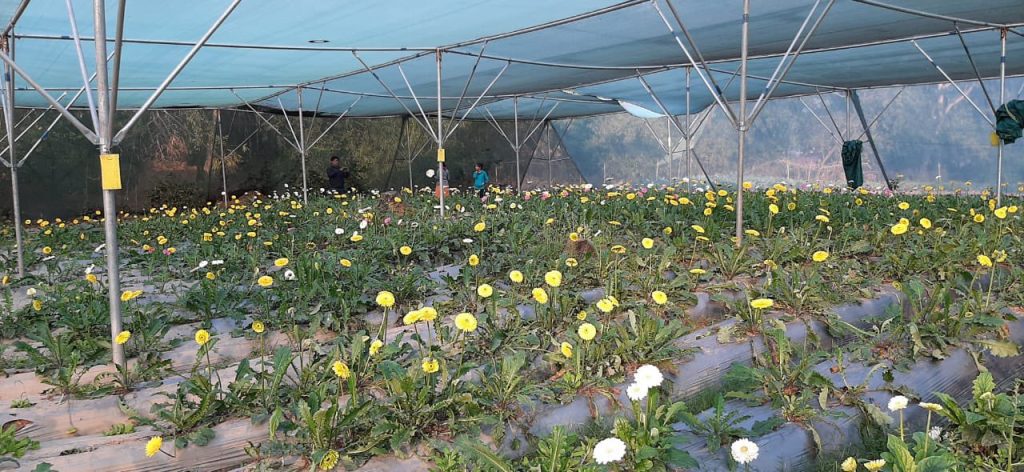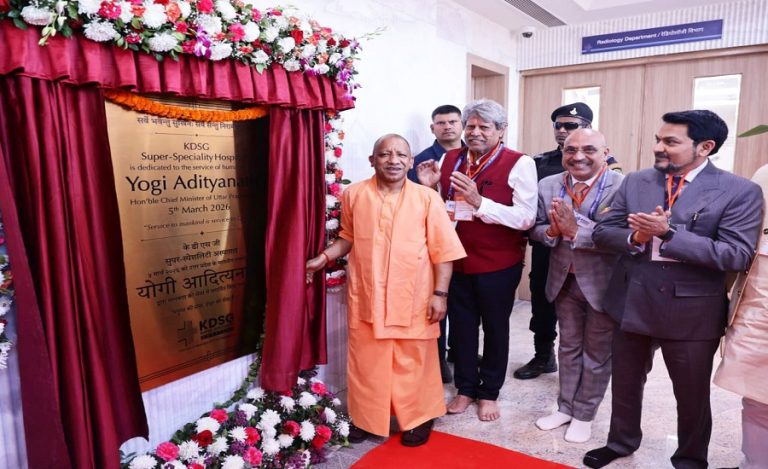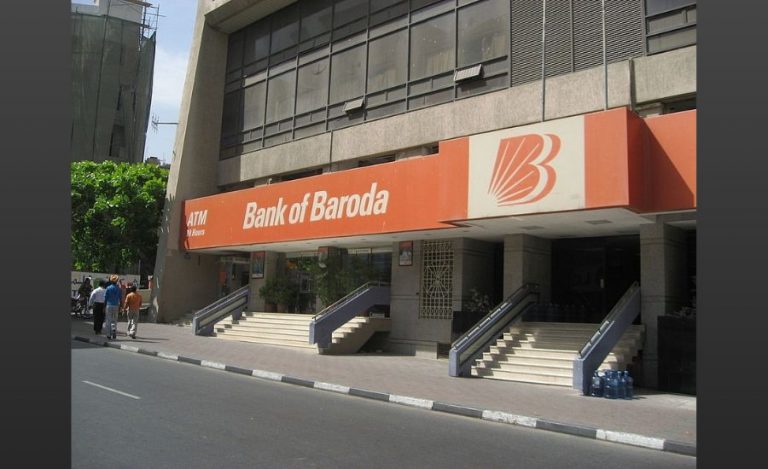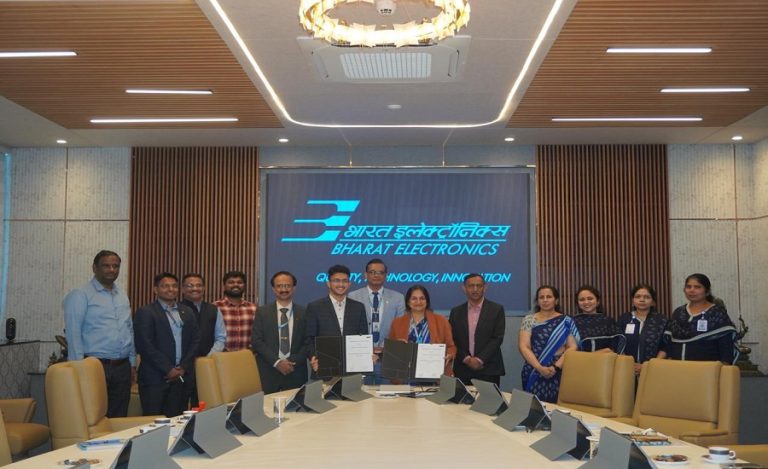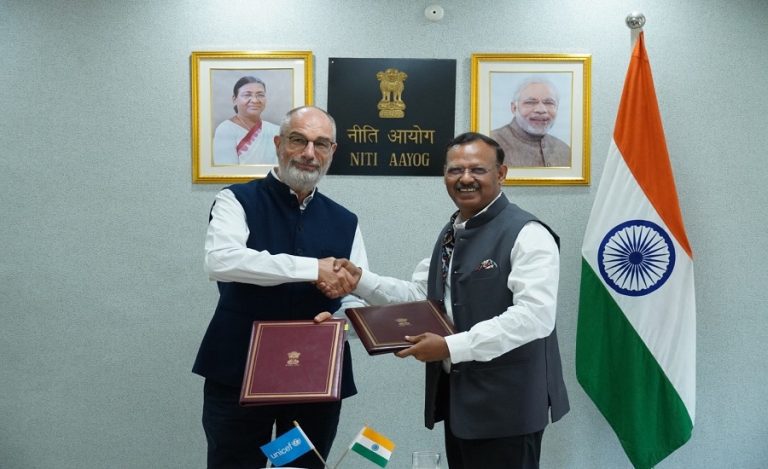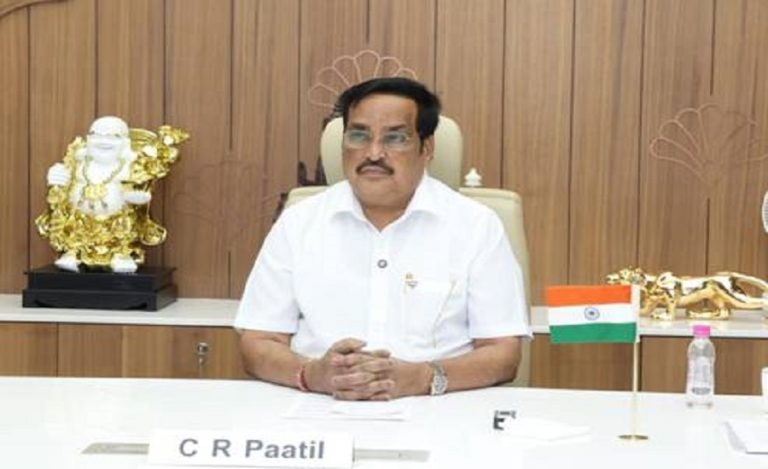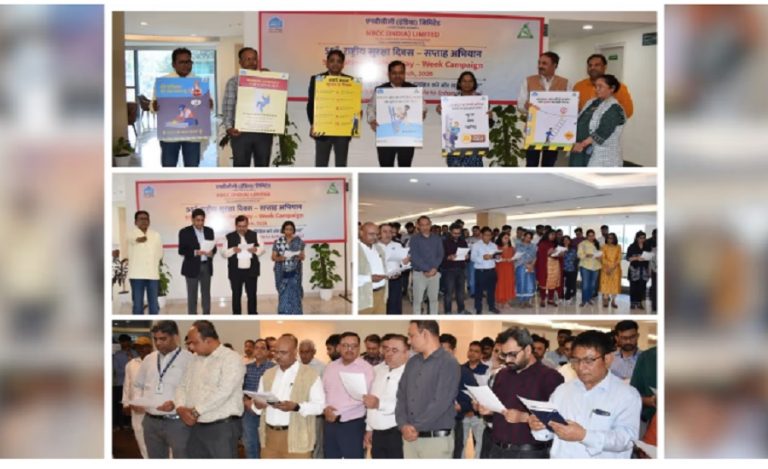These days the landscape of Jharkhand can be seen dotted with fresh flowers of myriad hues, as flower farming or floriculture is coming up in a big way in the state, gerberra cultivation being more prominent among them all.
In line with the state agriculture department’s several schemes and strategies to encourage farmers to indulge in more economically and environmentally viable agricultural practices, floriculture is being actively promoted for commercial farming. Farmers are also getting concessions directly without any third party intervention, which is again encouraging them to change to the more profitable flower farming.
Indian Masterminds spoke to Director of Agriculture and Horticulture, Jharkhand, Ms. Nesha Oraon, to get more details about this change in trend, of more and more farmers turning to flower farming or floriculture in the state.
ENCOURAGING FARMING OF GERBERA
Ms. Oraon is an Indian Revenue Service officer and has also served as the Deputy Commissioner of Income Tax in Ranchi. She took charge as the Director of Agriculture in 2020, and since then has made various interventions which are directly helping the local farmers. One such step is to encourage farmers to take up farming of flowers like the gerbera.
Gerbera cut flowers are in great demand in the metros and cities for decoration purposes. However, the cultivation of this flower was not pursued in Jharkhand till recently. With the interventions by the agriculture department, farmers, specially the younger lot, are increasingly opting for it and earning huge profits as a result.
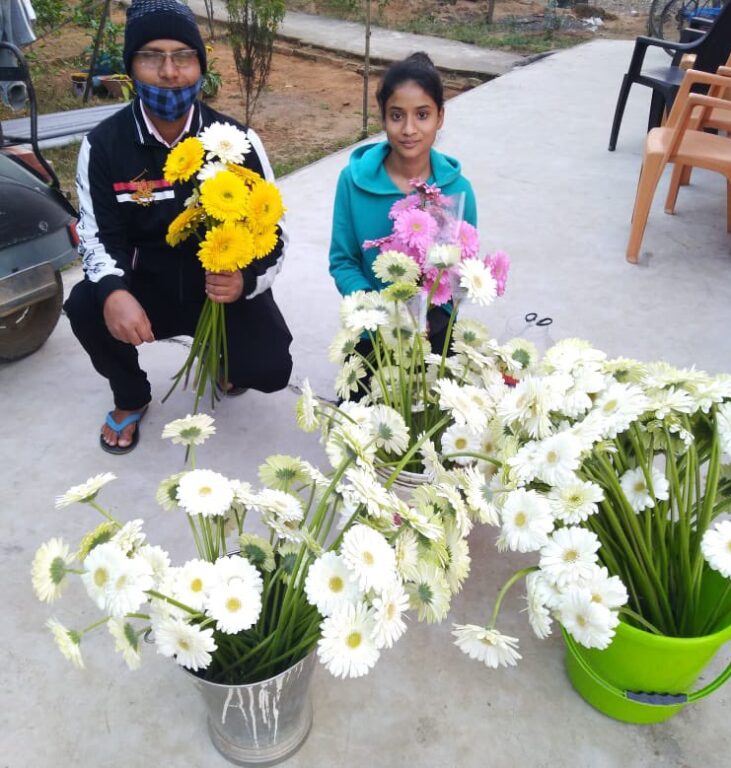
Gerbera offers many advantages. Unlike other flowers, gerbera can be kept fresh for days, providing an edge to the farmers. Although, the initial cost is high, once it is planted, it starts flowering after just three months and this process continues for three years. Farmers can pluck flowers 10 times in a month.
Since, its farming requires shade nets, so the agriculture department is providing them free of cost. Talking about it, Ms. Oraon said, “The horticulture department is providing shade nets of 30x30m to the farmers free of cost along with the Drip System with half HP motor. The saplings are also provided by the department. The farmers who have opted for this are earning profits of more than 1.5 lakh in six months. We are focusing on encouraging more farmers to take up cut flower farming and become self-sustainable.”
BLOCK CHAIN TECHNOLOGY FOR SEED DISTRIBUTION
Under Ms. Oraon’s leadership, the agriculture department has also introduced block chain technology for seed distribution, making Jharkhand the only state in the country to do so.
Giving details about it, Mr. Rupesh Singh, nodal officer in the state agriculture department, said, “The government has been providing seeds on 50% concession to the farmers, but till now, farmers weren’t the beneficiary. The middlemen used to take the seeds provided by the government and sell them to the farmers in the market price. To eliminate the role of middlemen, our department has introduced this technology.”
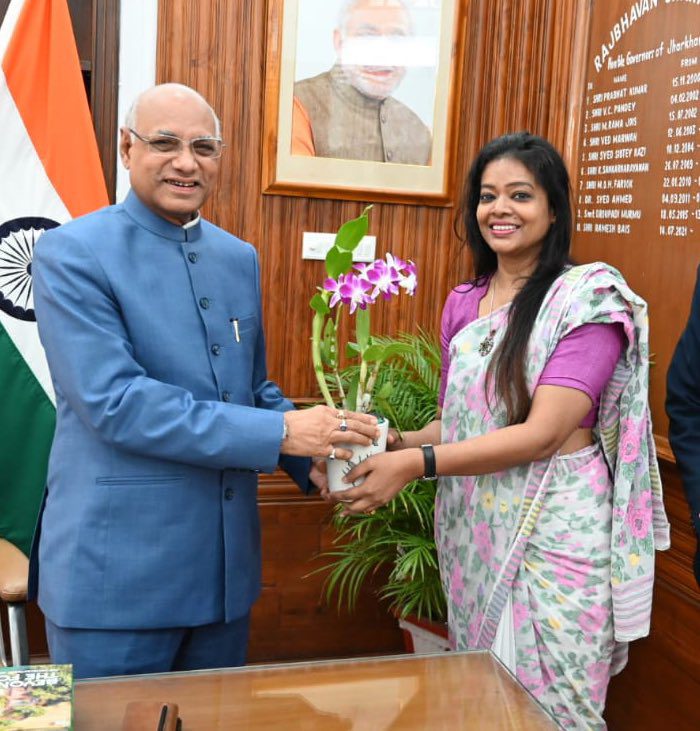
Now, every farmer has to register himself, providing Aadhar, phone number and other details. After this, an OTP is sent to their number and then the seeds are provided to them. Most importantly, farmers can buy seeds according to their land’s capacity, not more, not less.
“Suppose a farmer has five hectares of land, then he will be given seeds according to that. The department has already issued a list on how much seed is required as per the area of the land. Besides this, the best part of the block chain technology is that no one can edit the data and even after two years, it can be accessed. So, this ensures transparency in the system,” Mr. Singh said.
Noting its success, the agriculture department is presently working on a module to connect other programmes as well to this game-changing technology.

